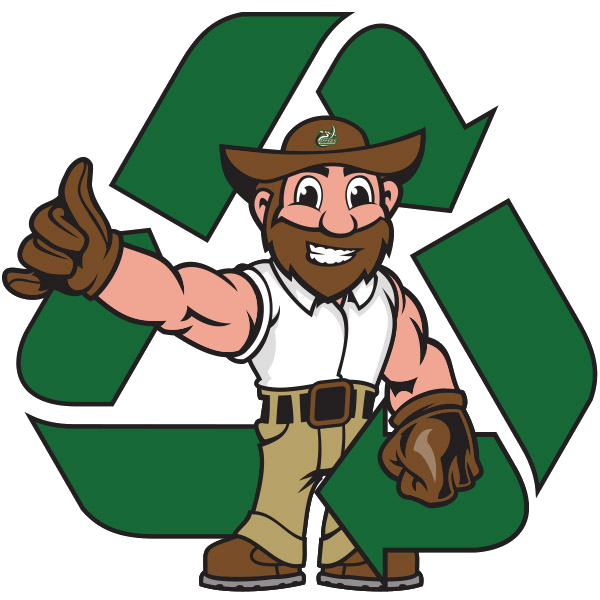Botanical Gardens
The UNC Charlotte Botanical Gardens, located on campus, consist of the McMillan Greenhouse, the 7-acre Van Landingham Glen, and the 3-acre Susie Harwood Garden. The mission of the gardens is to inspire a love for plants and nature through programming, classes, and botanical displays. The gardens were begun in 1966 by the late biology professor emeritus, Herbert Hechenbleikner, to serve as a living classroom and have evolved into a multifaceted campus and public resource. Collections include orchids, carnivorous plants, succulents, native plants, tropicals, and native collections including hardy outdoor trees, shrubs, wildflowers, and ferns. The outdoor gardens are open seven days a week during daylight hours, and the greenhouse is open Monday through Friday from 9 a.m. to 4 p.m. Students and the public are invited to visit, free of charge. Visitors can check out a hammock at the greenhouse, or enjoy a picnic lunch at tables near the gazebo. The Gardens also offer classes and events throughout the year, including two annual plant sales in the Spring and Fall, and an annual Valentine’s Day orchid sale. The plant sales help to support the operations of the Gardens, where admission is always free. More information can be found online at gardens.charlotte.edu.
Environmental Health and Safety
It is the mission of the Environmental Health and Safety Office to support the University by working with all University community members to provide a safe and healthy working, teaching, learning and living environment. This is accomplished by providing high-quality, responsive, customer-focused environmental health and safety services to the campus community. It is our responsibility to develop environmental health and safety programs, maintain appropriate accident documentation, conduct safety inspections of all facilities and operations, audit safety programs, maintain all regulatory required reports, and generally work to reduce the risks of illness or injury.
All members of the University community share the responsibility to provide and maintain a safe and healthful campus environment and to reduce or eliminate known hazards. Each individual is expected to exercise appropriate care in the conduct of his or her activities to preserve the safety and health of self and others. For more information, please visit safety.uncc.edu.
Recycling
UNC Charlotte students recycle! Started in 1990 by engaged student representatives, the recycling program has grown from collecting just aluminum cans to more than 40+ items on campus. Recycling is coordinated by the Office of Waste Reduction and Recycling and is available in academic and administrative buildings, in many outdoor areas, and in all residence halls on campus. In the academic and administrative buildings, recycling can be found in common areas, like hallways and lobbies. In the residence halls, there are centralized recycling bins in trash rooms or lobbies. Once recyclables are collected in rooms, students should bring them to the centralized bins for proper collection. Housing and Residence Life housekeepers pick up the recycling and transport it to the loading docks of the residence halls for pickup.
The following items can be recycled on campus:
- Aluminum cans
- Steel and tin cans
- Glass bottles and jars
- Plastic bottles
- Paper / junk mail / magazines
- Cardboard
- Empty pizza boxes
The Office of Waste Reduction and Recycling also supports a “Weird Recycling Center” in the Popp Martin Student Union, South Village Dining Hall and Prospector. Here you can bring empty and clean plastic bags, cords/cables, batteries, printer cartridges, eyeglasses, and CDs for recycling.
There is also a recycling area for mail and packaging products located at Mail Services in Prospector. Cardboard boxes, plastic packaging, and packing peanuts can be recycled in this location.
In addition to collecting recycling on campus, the Office of Waste Reduction and Recycling provides other waste reduction efforts, like composting and a reuse program called “Free Store” that happens every August and January. The Office of Waste Reduction and Recycling also supports zero waste football at the Stadium and works closely with the Office of Sustainability on Zero Waste Initiatives.
For more information or to get involved, visit recycling.charlotte.edu and follow @unccrecycling on Instagram and Facebook.